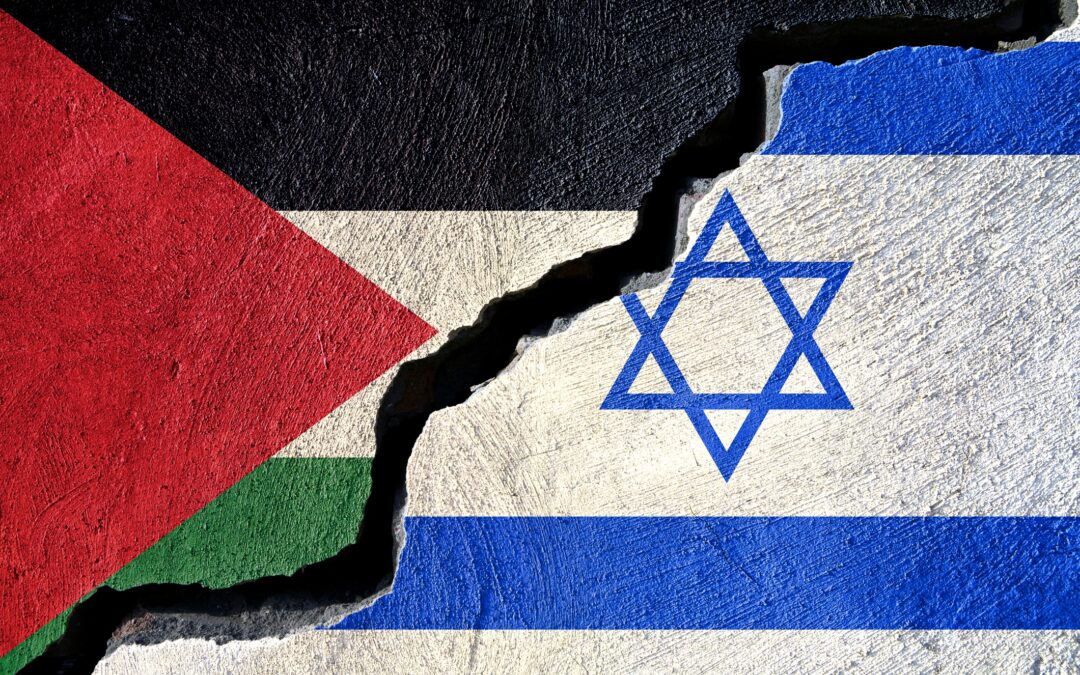The Israel-Palestine conflict is a complex and deeply-rooted issue that has spanned decades.
At its core, it revolves around competing claims to the land and historical, religious, and political tensions. Both Israelis and Palestinians have a profound connection to the region, which has led to a prolonged struggle for sovereignty.
The conflict traces its origins back to the late 19th century, when Jewish immigrants began migrating to Palestine, then under Ottoman rule. This influx, driven by the Zionist movement’s desire for a Jewish homeland, collided with the aspirations of the Arab population already residing there.
Tensions escalated, culminating in the 1947 UN partition plan that proposed the creation of separate Jewish and Arab states. The plan, however, was met with resistance, leading to a series of conflicts and wars.
Today, the region remains divided, with Israel and Palestine both asserting their right to statehood.
The Gaza Strip and West Bank are central territories in this struggle, with differing levels of autonomy and governance. International efforts to broker peace have been ongoing, but a lasting resolution remains elusive.
It is important to recognize that this conflict impacts the lives of countless individuals on both sides. Many innocent civilians, including children, continue to bear the brunt of the ongoing tensions. In order to work towards a solution, empathy, open dialogue, and a genuine commitment to understanding each other’s perspectives are essential.

